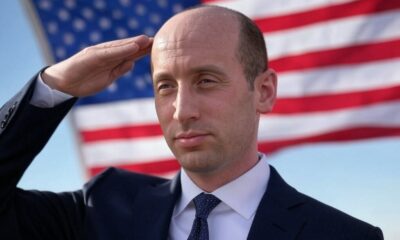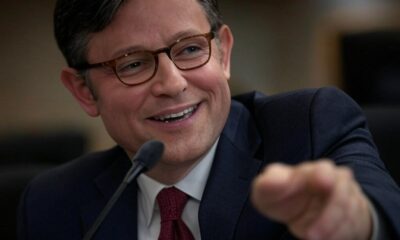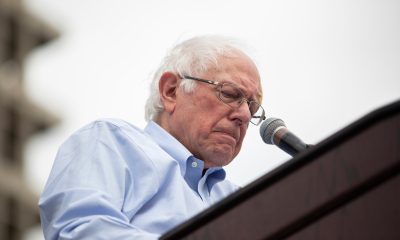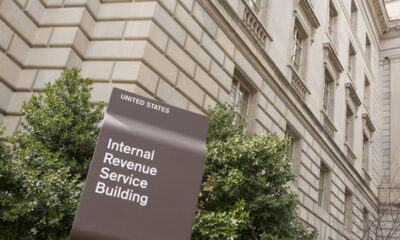DeSantis Challenges Haley Over Debate Decline
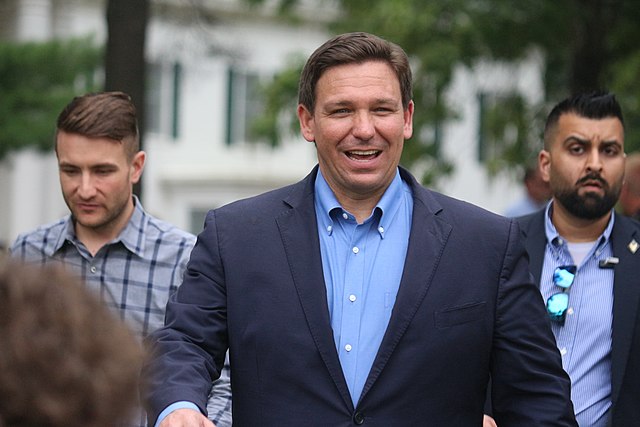
In a move that has stirred the Republican presidential primary field, Florida Gov. Ron DeSantis has openly questioned Nikki Haley’s reluctance to engage in a one-on-one debate, suggesting her positions might not withstand scrutiny. In a candid interview Monday evening on Fox News’ “The Ingraham Angle,” DeSantis expressed his readiness to challenge Haley, spotlighting her “establishment-oriented positions” as a potential weakness.
Laura Ingraham had extended an invitation for the debate earlier this month, to which DeSantis responded affirmatively. However, Haley has remained silent on the matter. DeSantis underscored this by criticizing Haley’s immigration stance, which he claims aligns more with corporate interests than those of American workers. He also took aim at her controversial social media proposal, which would require users to abandon anonymity, a move DeSantis believes could be weaponized against conservative voices.
DeSantis further accused Haley of siding with corporations over constituents, particularly referencing her position in the clash between the Florida state government and Disney. According to DeSantis, this stance places her at odds with the core Republican voter base.
The Florida governor’s remarks come when the GOP is gearing up for a heated primary, with President Donald Trump leading the polls by a wide margin and other candidates vying for the spotlight. DeSantis’s willingness to engage in debates, including a proposed “red versus blue state” debate with California Gov. Gavin Newsom (D) and an open challenge to Trump, positions him as a candidate willing to face opponents directly to generate voter attention.
Some have interpreted Haley’s non-response to the debate offer as a strategic move to avoid potential pitfalls in live exchanges or to maintain a calculated campaign trajectory. On the other hand, DeSantis seems to be leveraging these opportunities to underscore his confrontational and direct style, which resonates with a significant portion of the GOP electorate.
While the Republican National Committee has set rules that could disqualify candidates from future debates if they engage in unsanctioned events, the offer from Ingraham represents a high-profile platform that could test the candidates’ resolve and strategies.
The unfolding dynamic between DeSantis and Haley reflects the broader tensions within the GOP as it navigates a balance between establishment politics and the populist wave embodied by Trump. As candidates jockey for position, their decisions to engage or avoid public debates may shape the narrative and influence their standings among the Republican voters.
This development is a microcosm of the broader strategic play within the Republican Party, where candidates must carefully navigate the complex interplay of policy stances, public perception, and the enduring influence of President Trump’s political brand. How this will play out in the coming months remains to be seen. Still, debates — whether on national television or through social media — will significantly influence the Trump undercard in the 2024 Republican primary contests.
